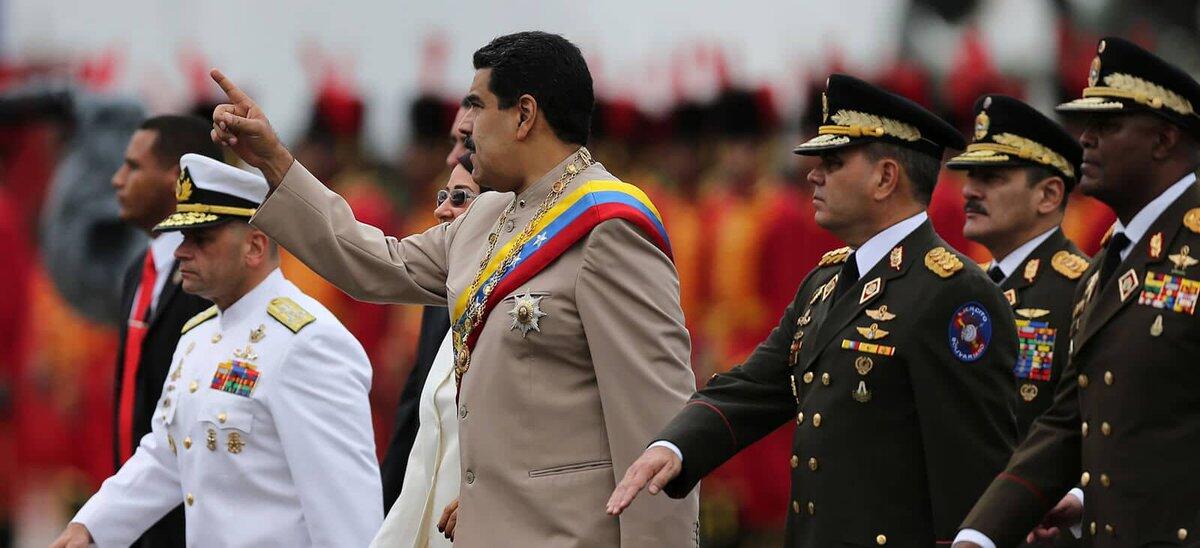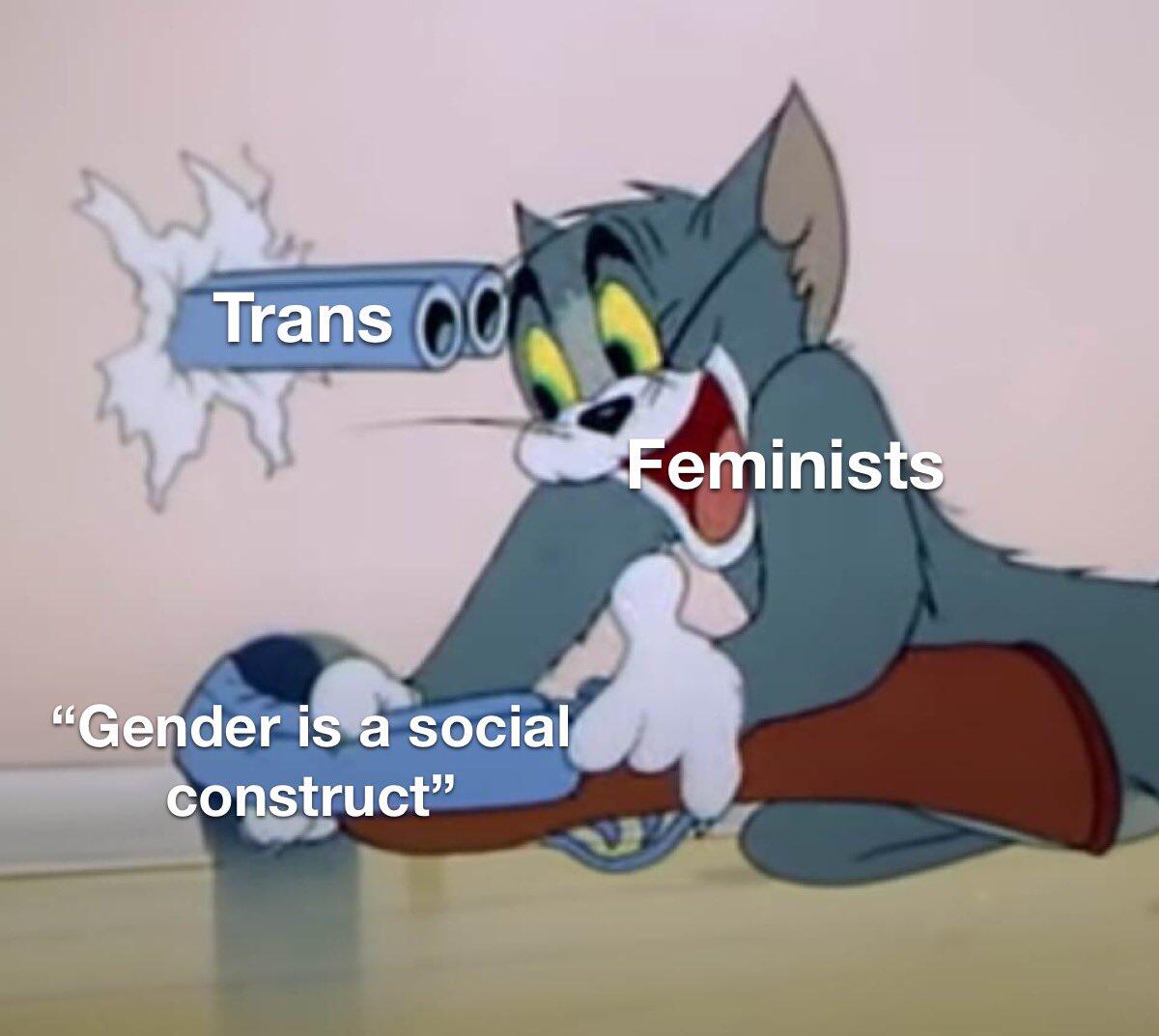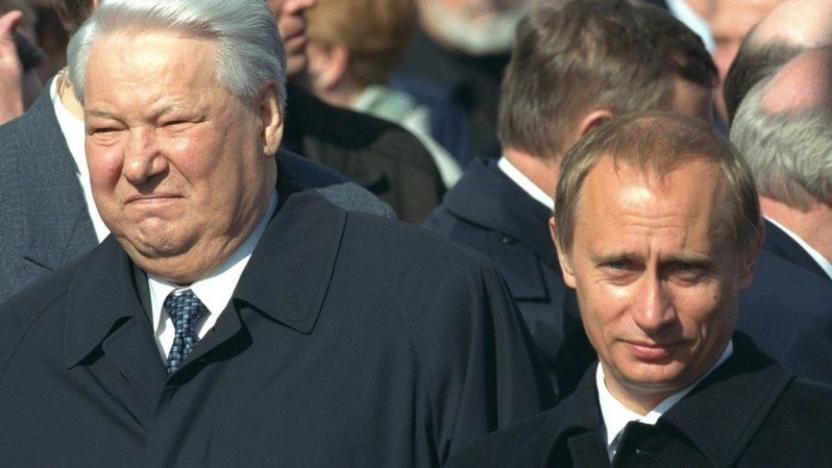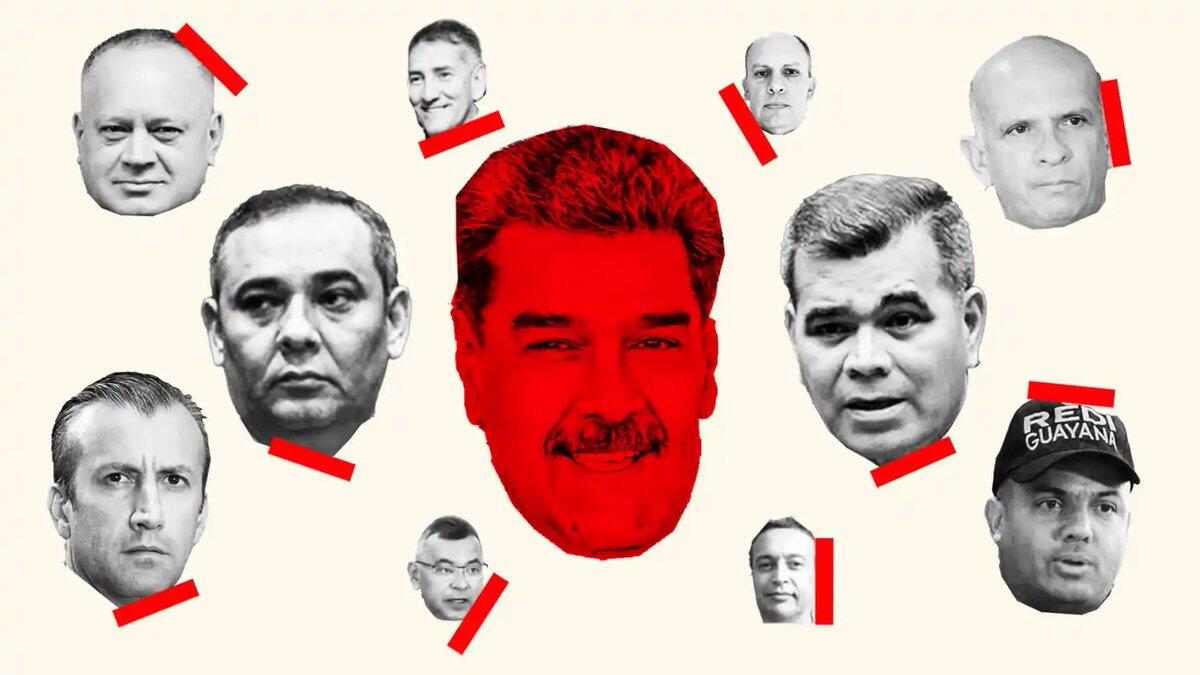
✋Do you know what time it is? It's time to talk about one of the world's largest Narco States: Venezuela and the Cartel of the Suns.
🇻🇪 Cartel of the Suns: Maduro's weapon and treasure in Venezuela
Nicolás Maduro and Diosdado Cabello, amidst the Venezuelan crisis triggered by the elections on July 28th, have accused Elon Musk and the Venezuelan opposition, among other things, of being part of an international fascist network and even of consuming and being connected to the drug market.
Today, we'll understand the real relationship with international drug trafficking within Venezuela and how Maduro and a significant part of Venezuela's armed forces operate a true global drug empire.
The "Cartel of the Suns" is the term used to describe drug trafficking cells embedded within the Venezuelan Armed Forces.
Despite the name, it is not a hierarchical group but rather a network of networks within the main branches of the Armed Forces—the Army, Navy, Air Force, and National Guard, from the lowest to the highest levels—which are often protected, coordinated, or in some cases, even directed by political actors.
These networks are highly fluid and constantly shifting, with their composition depending on military personnel rotation and political sponsorship.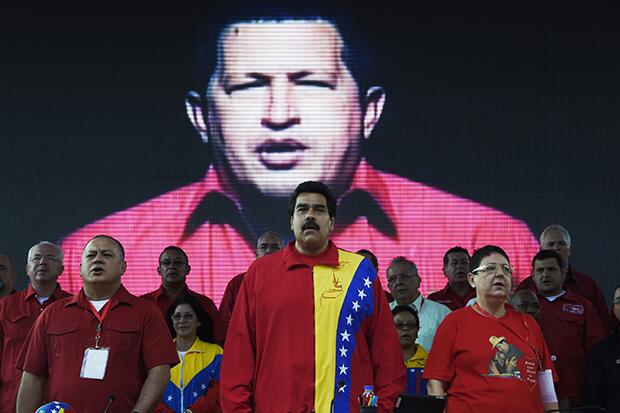
The name "Cartel of the Suns" comes from the golden stars that generals in the Venezuelan National Guard wear on their epaulets. Many of Maduro's 2,000 generals are also heavily involved in drug trafficking.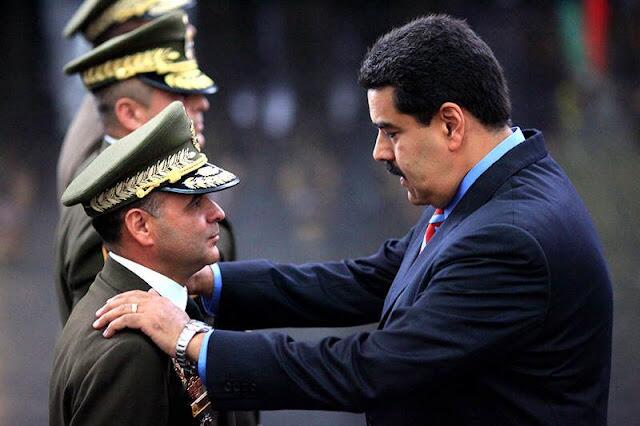
In Colombia, then-President Álvaro Uribe, supported by billions of dollars in U.S. military aid, launched an unprecedented military assault against the country’s leftist guerrilla groups, primarily the Revolutionary Armed Forces of Colombia (FARC). This pressure forced the guerrillas to move more of their operations—including their growing cocaine trafficking activities—to Venezuela’s poorly policed border states.
There, they built increasingly close ties with President Hugo Chávez's government, which viewed the guerrillas not only as ideological allies but also as a strategic bulwark against an increasingly hostile Colombia, alongside its ally, the United States.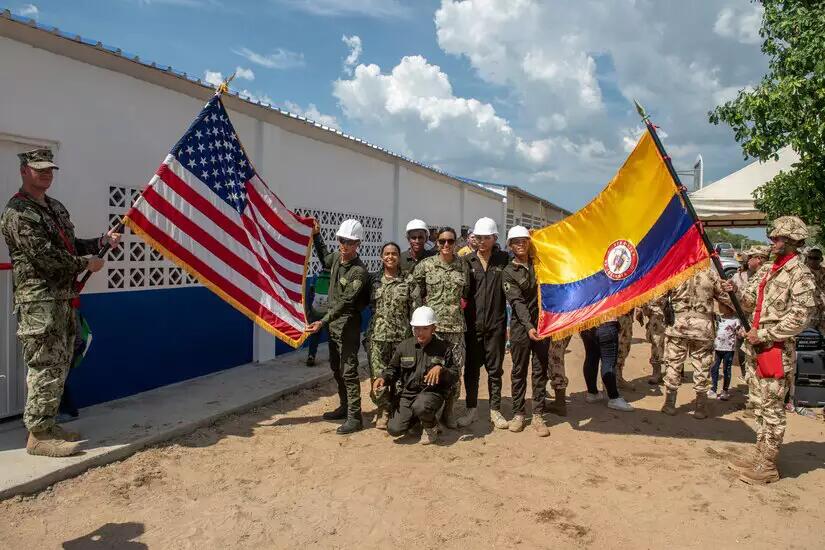
However, in Venezuela, President Chávez was briefly ousted from power in a coup attempt recognized by the U.S.
Following this, Chávez strengthened his support from the military by filling many influential government positions or lucrative contract opportunities with Army supporters and turning a blind eye to the growing corruption within the military.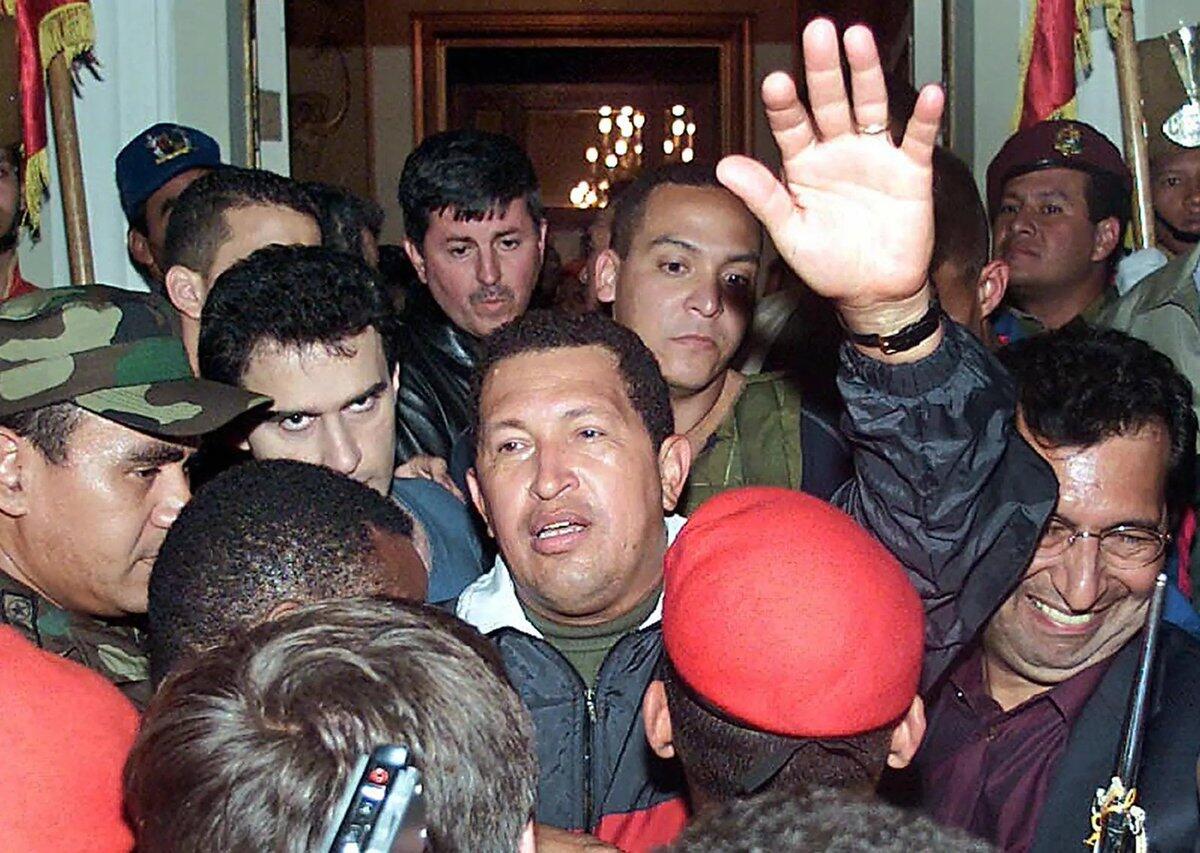
With the military actively cooperating with the guerrillas in the border region and having a free hand to engage in criminal activities, the stage was set for deepening the drug trade.
In no time, the security forces' cells began not only to cover for drug traffickers, allowing them to move shipments, but also to leverage their alliances with the guerrillas and other criminal actors to buy, store, transport, and sell cocaine.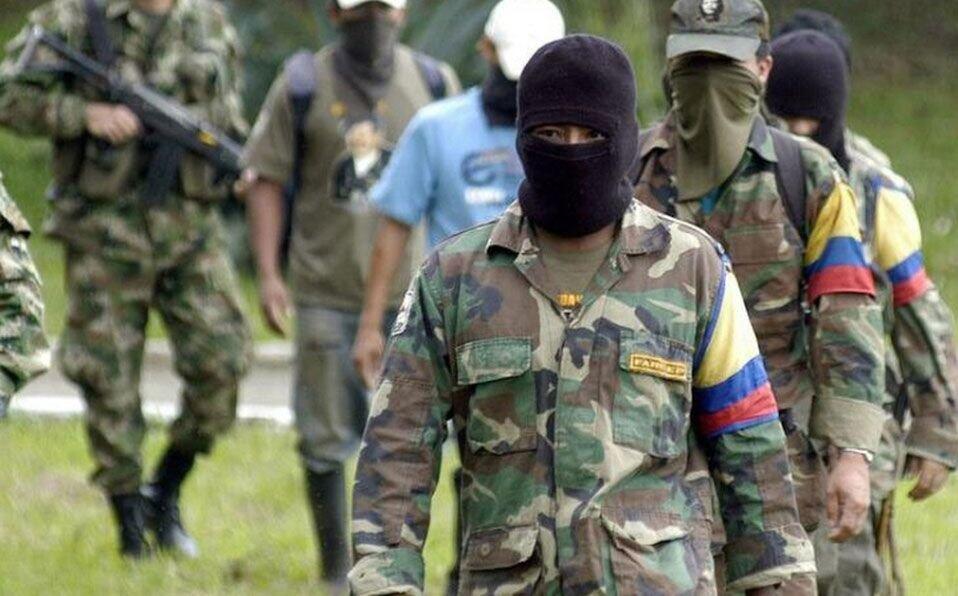
As the volume of cocaine circulating through Venezuela increased, so did the evidence that a growing number of high-ranking members of the Chávez administration were also facilitating or even directly participating in drug trafficking.
Some, such as intelligence officer Ramón Isidro Madriz Moreno and political leader Amílcar Jesús Figueroa Salazar, were sanctioned by U.S. authorities as members of the Cartel of the Suns, not so much for drug trafficking but for their alleged collaboration with the FARC.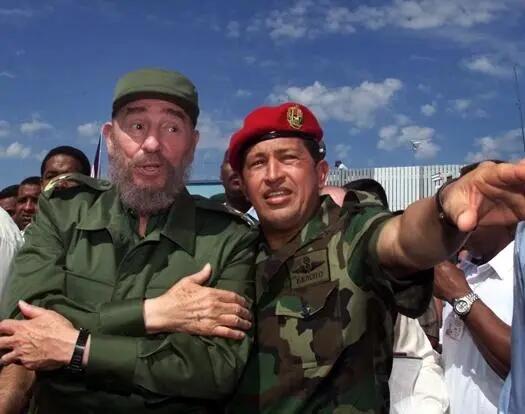
According to Vice News, Hugo Chávez's Venezuelan government expanded corruption to "unprecedented levels" within an already corrupt military. Chávez allocated millions of dollars to social programs that allegedly disappeared and granted legal immunity to drug trafficking officials to maintain power and loyalty.
When Chávez dismantled the U.S. Drug Enforcement Administration in 2005, Venezuela became a more attractive route for drug trafficking. Colombian intelligence reported that a detained drug enforcement officer claimed "key figures within President Hugo Chávez's security forces were organizing drug shipments through Venezuela."
It was alleged that the National Guard collaborated with the FARC in drug trafficking. British authorities claimed that Colombian-origin planes were also protected by Venezuelan Air Force bases.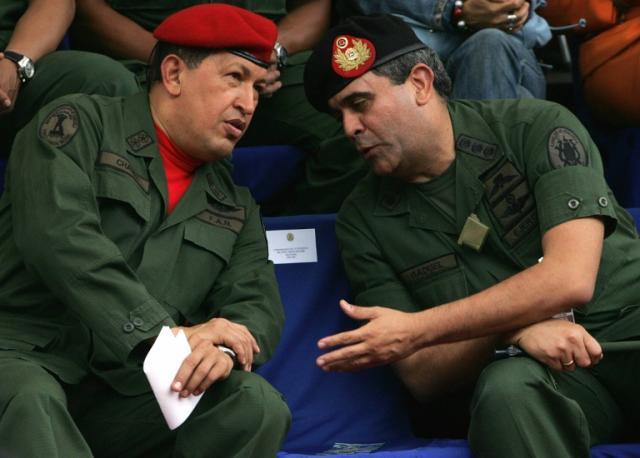
Maduro began appearing in this organization in 2005, when, as a National Assembly deputy, Hugo Chávez allegedly instructed him to ensure that the activities of the Revolutionary Armed Forces of Colombia (FARC) were protected. Chávez reportedly said that "Venezuelan judges who did not protect the FARC and their activities should be removed from their positions."
Coincidence or not, it was shortly after this that Venezuela ended its collaboration with the U.S. Drug Enforcement Administration (DEA).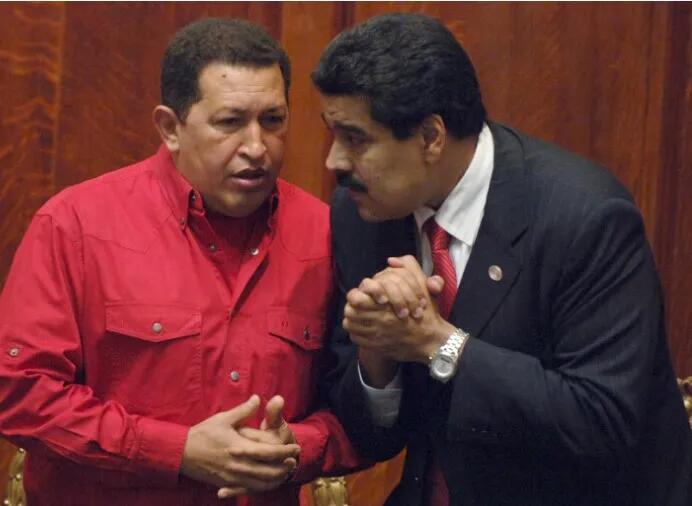
The accusations of official involvement in drug trafficking peaked in March 2020, when the U.S. Department of Justice indicted Nicolás Maduro, the successor to President Chávez; Diosdado Cabello, former Vice President and widely considered the second most powerful figure in the Chavista movement; and several other current and former Venezuelan officials, as well as members of the now-demobilized FARC leadership, on charges of "narcoterrorism."
Other significant figures in the organization identified by the U.S. Department of Justice include Vladimir Padrino López (Minister of Defense), Maikel Moreno (President of the Supreme Court of Justice of Venezuela), and Tarek El Aissami (former Vice President and former Minister of Oil).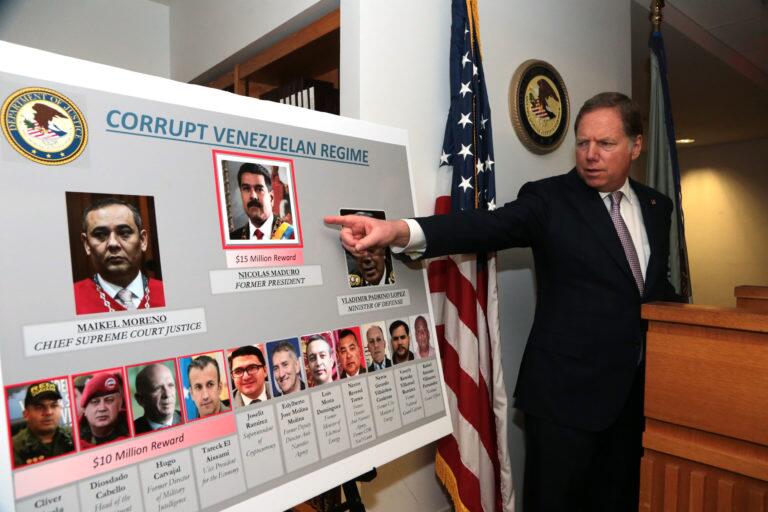
Paradoxically, U.S. sanctions on high-ranking officials of the regime had a positive effect on the economy, as the top leaders of the "Cartel of the Suns," unable to withdraw their money from Venezuela, began to "invest" in the country. This led to an economic boom and a luxury bubble in some areas of the Venezuelan capital.
The chavista regime also used this process to create the narrative that "Venezuela has recovered and is doing well."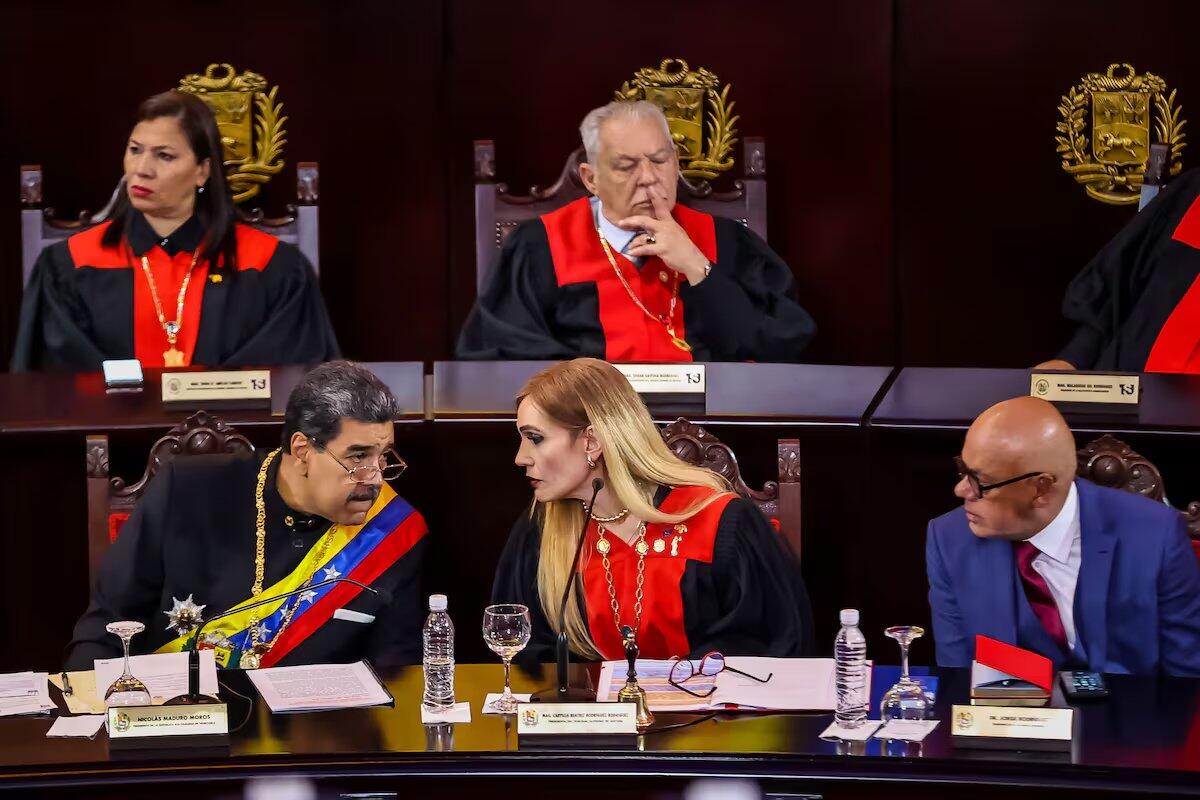
A curious fact is that criminal suborganizations were created within the Cartel of the Suns as a sort of "personal savings."
The then-intelligence chief Hugo "El Pollo" Carvajal and former military general Cliver Antonio Alcalá Cordones were accused of directly collaborating with Colombian and Venezuelan drug traffickers, not only protecting their operations but also investing in their own cocaine shipments and organizing their own trafficking operations.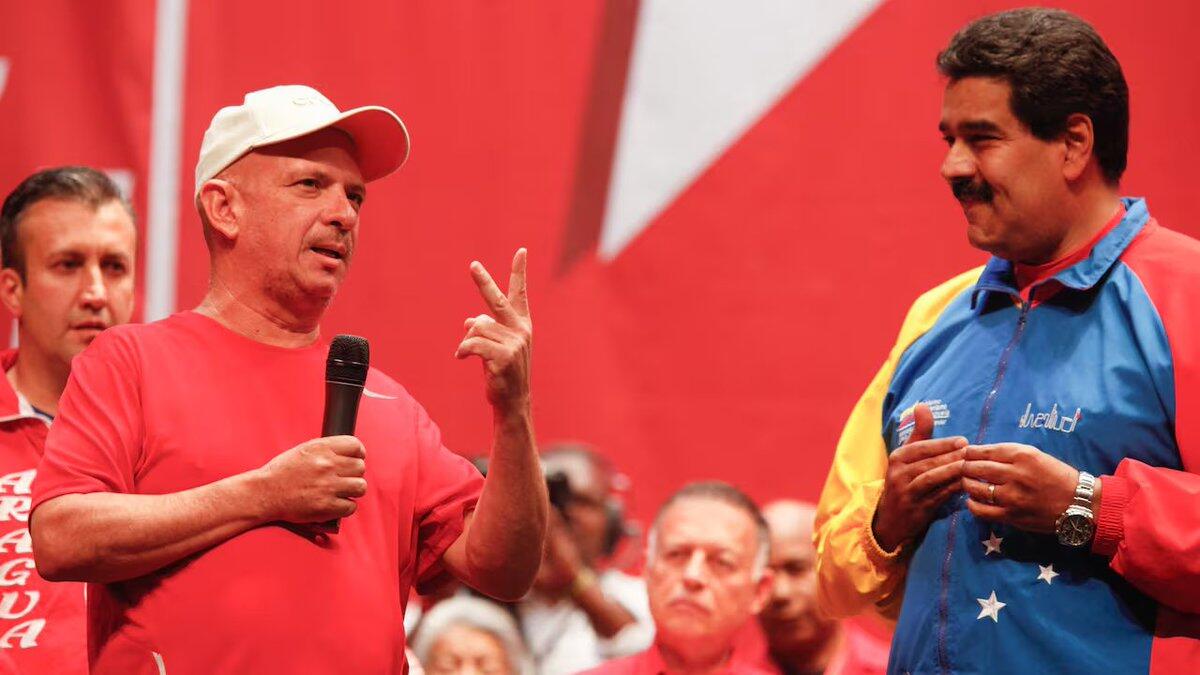
In this complex web, drugs pass through various trafficking nodes as they move through the country.
Venezuelan military personnel play multiple roles across different regions, while local and foreign politicians manage, directly or indirectly, the relationships between these military forces and criminal groups, controlling the operational environment.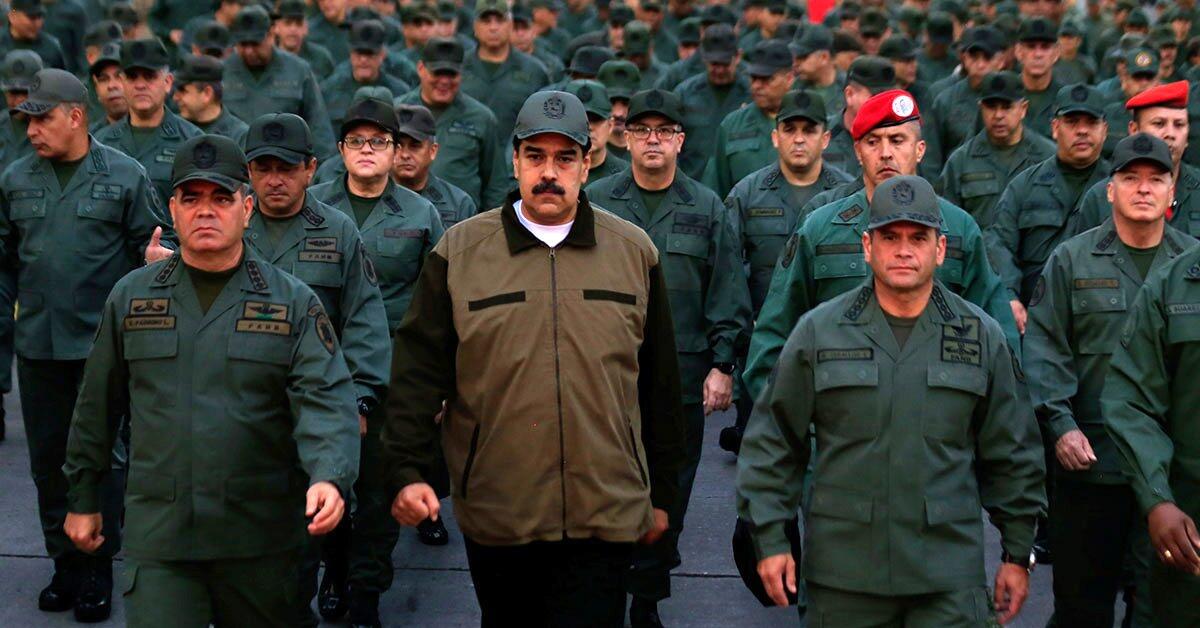
The most common way of operating is to receive payments to turn a blind eye or ensure impunity for operations through regular bribes and creating free movement corridors for traffickers.
These corridors can be aerial, such as by disabling radars to allow drug flights to pass or providing special codes for flights to be registered as legal; terrestrial, such as by facilitating passage through networks of checkpoints; or maritime, such as by interrupting patrols at certain times to allow drug boats to pass.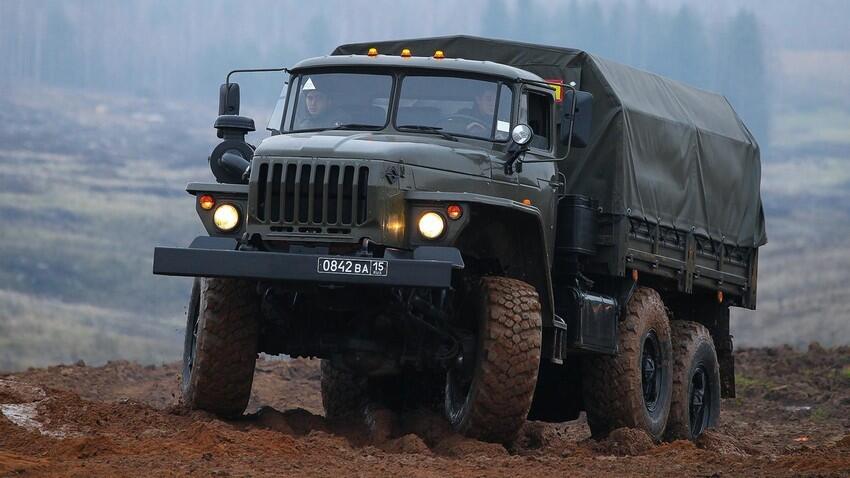
In some cases, the military facilitates trafficking by controlling key infrastructures, mainly shipping ports and airports. In other instances, especially along internal movement corridors, military cells transport shipments themselves, often using official vehicles.
Available evidence suggests that Maduro's regime maintains control over this system at the national level, not through direct involvement in cocaine business transactions, but through the allocation and distribution of concessions, selective appointments, and ensuring protection.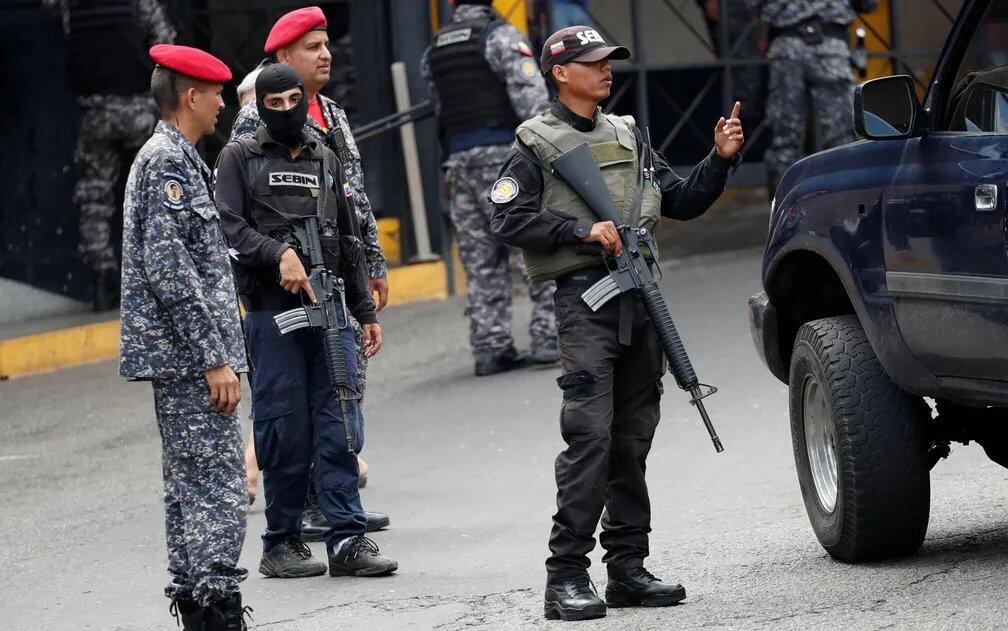
Currently, the United States is offering a $15 million reward for the capture of Nicolás Maduro, as the leader of the Cartel of the Suns.
In addition to the Venezuelan government, the main affiliations of the Cartel of the Suns are:
- FARC
- Sinaloa Cartel
- ELN (National Liberation Army)
- Los Zetas
- Ex-FARC Mafia
- Turkish Mafia